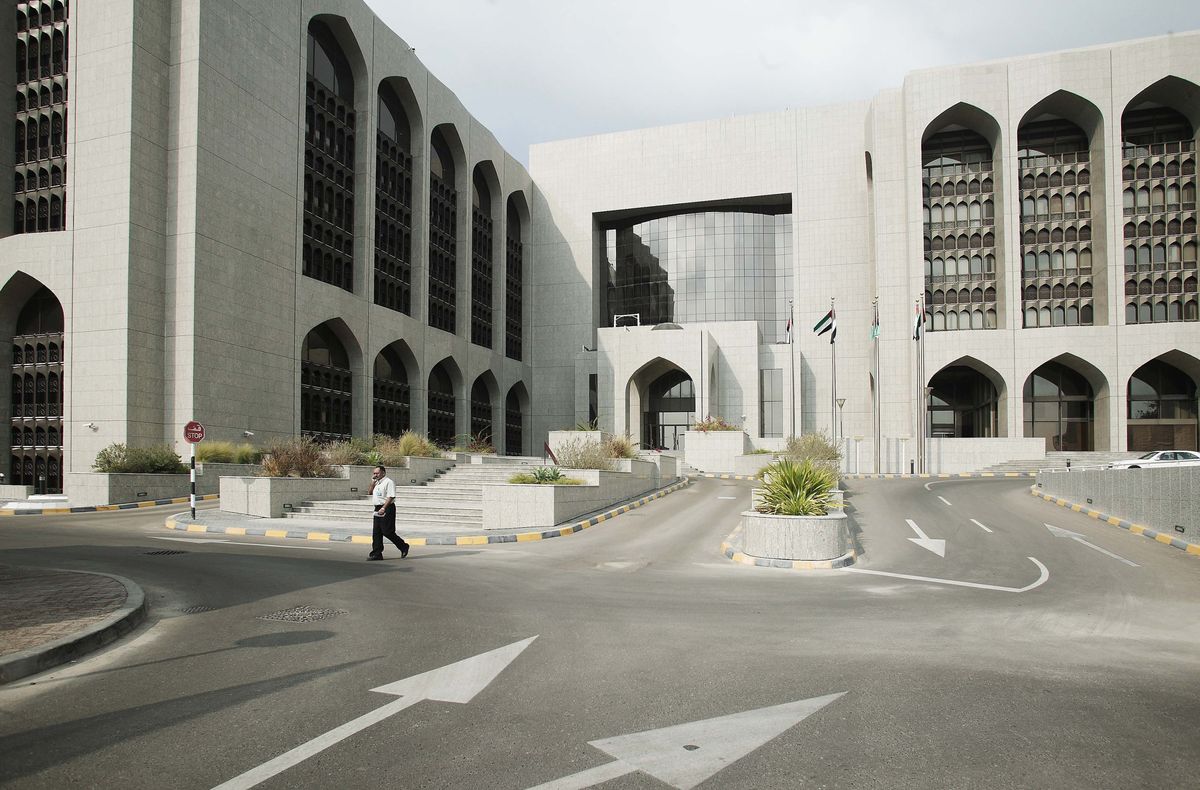Featured
Mideast Joins Global Stimulus With $47 Billion to Fight Crisis

(Bloomberg) — Three of the biggest Arab economies pledged almost $47 billion in stimulus to limit the economic damage of the coronavirus outbreak, joining a global effort meant to soothe markets and salvage growth.
Saudi Arabia’s central bank unveiled a 50-billion riyal ($13.3 billion) package to support private businesses, soon after its counterpart in the United Arab Emirates announced a 100-billion dirham ($27.2 billion) program to assist its lenders. Egypt said it will allocate 100 billion pounds ($6.4 billion) to combat the coronavirus.
Timed before the start of the work week in much of the Middle East on Sunday, policy makers are acting as many of the economies in the region are at risk of paralysis, with most countries shutting tourist attractions, closing schools and universities, and limiting public events. The U.A.E. also stopped issuing visas and halted flights to Iraq, Lebanon, Syria and Turkey.
Compounding the disruptions to trade and tourism from the coronavirus, the crash in oil prices is also crippling the economies in the energy-rich Persian Gulf.
Central banks around the world have unveiled emergency stimulus packages as the pandemic forces authorities to restrict international travel and even go into full lockdown to slow the spread and prevent it from overwhelming health services. Cases have risen to more than 140,000 worldwide, with deaths topping 5,200.
Unprecedented Steps
Days of panic last week prompted unprecedented joined-up fiscal and monetary action by the U.K., a package of targeted aid by the European Central Bank, stimulus from the People’s Bank of China, an easing pledge from the Bank of Japan, and more firefighting by the U.S. Federal Reserve.
The U.A.E.’s Targeted Economic Support Scheme includes a 50-billion dirham aid package for banks in the country through collateralized, zero-interest loans. Banks will also be allowed to free up capital buffers, which will make another 50 billion dirhams in liquidity available to lenders.
U.A.E. banks are “adequately capitalized and banks maintain significant voluntary capital buffers,” the regulator said in a statement. “The purpose of the targeted scheme is to facilitate provision of temporary relief from the payments of principal and interest on outstanding loans for all affected private sector companies and retail customers in the U.A.E.”
Saudi Arabia’s central bank said it’s preparing funding to support private businesses, which includes 30 billion riyals available to banks and financing companies in return for deferring small and medium-size businesses’ loans.
The Saudi Arabian Monetary Authority, as the central bank is known, said the kingdom’s banking sector is still seeing “good performance indicators.”
U.A.E. regulators reiterated the long-standing peg of the country’s currency to the U.S. dollar, saying that the oil-rich nation’s “ample reserves” of 405 billion dirhams as of March 10 “are adequate to safeguard the stability of the national currency.” The central bank said the measures, effective immediately, are aimed at protecting corporate and retail customers affected by the virus.
Days earlier, Iran asked the International Monetary Fund for $5 billion to help it manage the outbreak. Iran is the third-worst hit country after China and Italy.
Key highlights:
- The Saudi package will bring 13.2 billion riyals in loans to small and medium-sized enterprises, provided through banks. The businesses will be also supported through a 6 billion-riyal loan guarantee program.
- In the U.A.E., the measures aim to boost lending capacity and support the country’s economy
- U.A.E. banks to be allowed to use as much as 60% of their capital conservation buffer while those deemed “systematically important” will be able utilize their entire buffer.
- The U.A.E. central bank raised the loan-to-value ratios related to mortgage loans taken by first-time home owners in the hope of making homes more affordable. It will also revise limits on banks’ maximum exposure to real estate, allowing their exposure to the sector to increase up to 30% from 20% currently as long as they have additional capital.
-

 Insurance2 months ago
Insurance2 months agoSupporting Community Wellness: Liva Insurance Sponsors Muscat Marathon 2026 with Free Health Checkups
-

 News2 months ago
News2 months agoAI Security Conference 2025 Hosted by Securado Highlights the Changing Cybersecurity Landscape
-

 Interviews1 month ago
Interviews1 month agoEXCLUSIVE INTERVIEW: TLS Rebranding Marks Strategic Leap Toward Innovation, Sustainability & Growth
-

 Dossier1 week ago
Dossier1 week agoDossier, 2026
-

 Insurance1 month ago
Insurance1 month agoLiva Insurance Supports Community Wellness Through “Experience Oman – Muscat Marathon 2026”
-

 Investment3 weeks ago
Investment3 weeks agoLalan Inaugurates Its First Overseas Manufacturing Facility, Marking Sri Lanka’s First Investment in SOHAR Freezone
-

 Banking & Finance1 week ago
Banking & Finance1 week agoNational Finance Unveils Exclusive Ramadan Offers on Auto Financing
-

 Food & Dining3 weeks ago
Food & Dining3 weeks agoGrand Millennium Muscat’s exclusive Ramadan Iftar and Suhoor Experiences




























